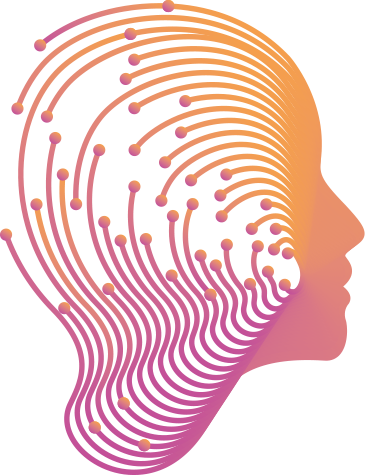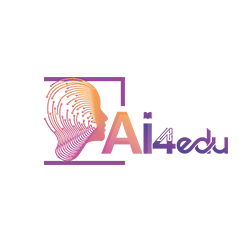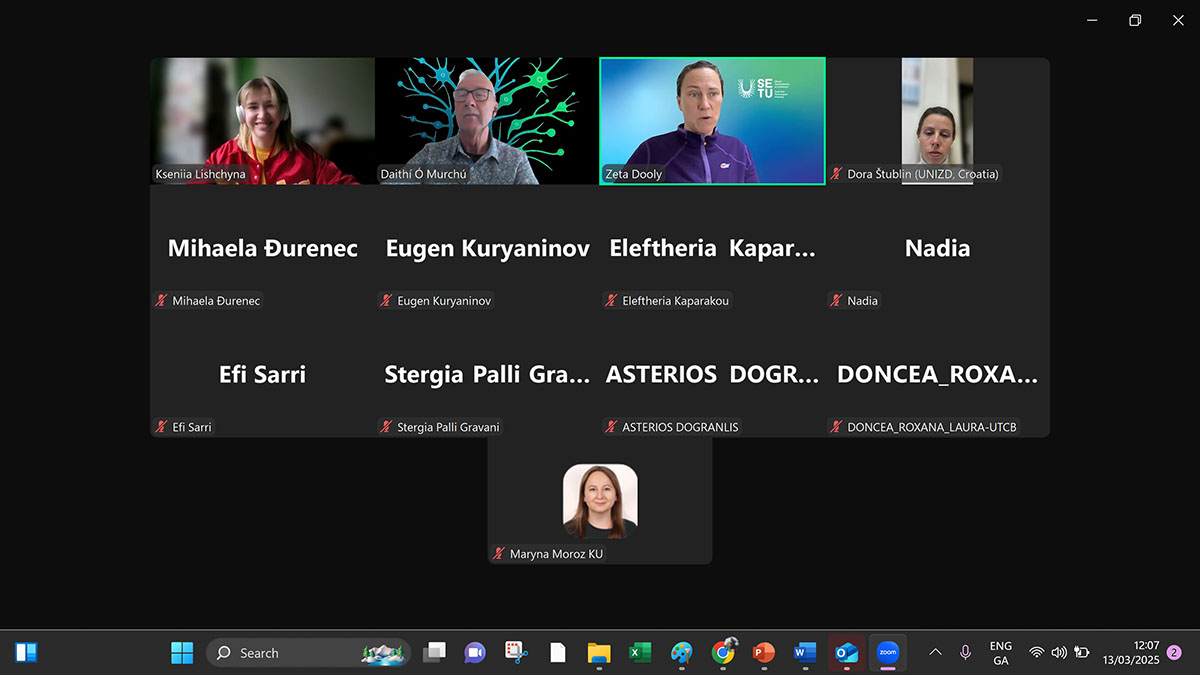
On March 13th, 2025, the workshop “AI4EDU & Beyond: Building Bridges from Research Concepts to Real-World Impact” took place, delivered by Dr. Daithí Ó Murchú, in collaboration with the EU-CONEXUS network. The session attracted a vibrant audience of sixty PhD students from diverse fields including Education, Computer Science, Psychology, Linguistics, BioPharma, and Business Administration. Additionally, five members of the broader public attended, bringing external perspectives to the academic dialogue. The event was held in a hybrid format, fostering broad engagement from participants across multiple European universities. Dr. Ó Murchú opened the session by reflecting on his personal journey, from his early academic engagements in educational technology to becoming a key figure in large-scale EU-funded projects. His narrative resonated with many early-stage researchers, who saw in his trajectory a blueprint for their own professional evolution. By sharing critical lessons learned—from his first EU project to building transnational consortia—the speaker provided participants with practical insights into the often-complex dynamics of managing multidisciplinary collaborations. A core component of the workshop was the exploration of two case studies. The first case study illustrated the lifecycle of an EU-funded project that aimed to create inclusive digital learning platforms, highlighting key moments where project scope expansion, differing partner expectations, and conflict resolution shaped the initiative’s success. The second case study delved into the AI4EDU concept, focusing on the integration of human-centred AI tools within educational ecosystems. The presentation outlined how AI4EDU’s tools, such as TeacherMate and StudyBuddy, were developed in close partnership with educators and students, reflecting participatory design methodologies. Ethical considerations, resistance to AI adoption, and the delicate balance between pedagogical and technological innovation were focal points that sparked critical discussion among the attendees. Throughout the session, Dr. Ó Murchú emphasized the importance of embedding EU policy objectives, such as those articulated in the European Commission’s Digital Education Action Plan, into project designs. The workshop maintained a highly interactive tone, with participants actively contributing during polls and Q&A segments. Attendees explored topics ranging from consortium-building strategies to tackling project governance challenges like scope creep and cross-cultural collaboration. The speaker encouraged them to view themselves not only as researchers but as agents of change capable of leading socially impactful initiatives within the AI and education landscapes. The diverse group of students, spanning from first-year to final-year PhD candidates, engaged in meaningful dialogue around the practicalities of proposal writing, ethical AI deployment, and long-term research leadership. Many shared their own experiences and sought advice on tailoring their projects to secure EU funding, reflecting an appetite for both technical know-how and soft skills such as negotiation and stakeholder management. Dr. Ó Murchú’s candid reflections on human dynamics in consortia and the iterative nature of project delivery resonated deeply with participants.






